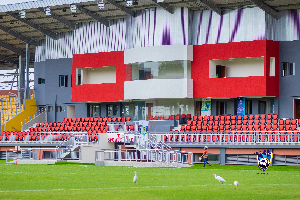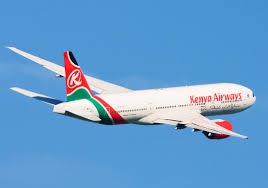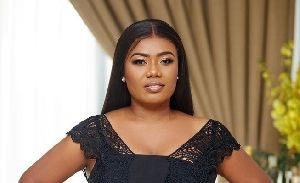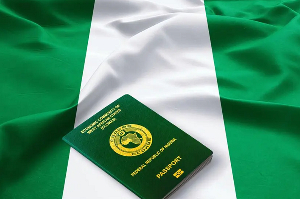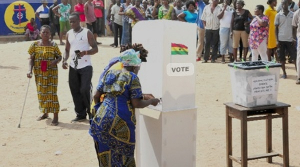- Home - News
- TWI News | TV
- Polls
- Year In Review
- News Archive
- Crime & Punishment
- Politics
- Regional
- Editorial
- Health
- Ghanaians Abroad
- Tabloid
- Africa
- Religion
- Election 2020
- Coronavirus
- News Videos | TV
- Photo Archives
- News Headlines
- Press Release
General News of Wednesday, 24 April 2002
Source: Chronicle
"I asked Obed to resign" - Spio Garbrah
With barely two days to go to the fifth national delegates congress, the factional struggling for power within the National Democratic Congress (NDC) on Tuesday reached its zenith with the exposure of Dr Obed Asamoah’s past misconduct in the party.
Reacting to Dr Asamoah’s press statement on an Accra private radio station, the NDC wordsmith and former Minister of Education, Mr Ekwow Spio-Garbrah, said there are “things” which Dr Asamoah did in the party, which warrant disciplinary measures, but were kept indoors in the interest of the party. He further revealed that he had on one occasion asked Dr Asamoah to resign his post because of misconduct.
“I myself have asked him in a meeting in December to resign his position as the finance committee chairman in the presence of 50 other people at the National Executive Committee; he knows why I asked him to do that, but again out of respect for each other, the party and for our members we tried very, very hard to keep these matters indoors so that we can resolve them appropriately.”
He continued, “But if now getting to congress we realised what is going on and the council of elders have made recommendations, and in spite of that he feels so much intransigent, we feel very sorry for him,” Mr Spio-Garbrah said. According to the eloquent Spio-Garbrah, an intricate analysis-of-accounts of allocations and management of vehicles by the NDC council of elders indicates that the Finance Committee chairman (Dr Obed Asamoah) “has not conducted himself properly.”
To this end, Mr Spio-Garbrah expressed fears that if certain individuals who held positions below the chairmanship of the party and misconducted themselves are given the chance to take the chairmanship, a higher position, then the NDC has a problem. He further expressed concern that the manner in which Dr Asamoah has monopolised the party’s resources, assets, and vehicles for the past several years has made most of the party faithful uncomfortable with his candidature for the national chairmanship of the NDC.
According to him, the former Attorney General and Minister of Justice is using the afore-mentioned party machines to ascend to the position of chairman in a clear disadvantage to the other candidates.
On the much-debated issue of co-chairmanship, which Dr Asamoah is strongly opposed to, Mr Spio-Garbrah said that the
issue is being embraced by many other former ministers and other functionaries. He, however, saw no reason why Dr Asamoah should be opposed to the idea of co-chairmanship when even his other colleagues are in favour of the idea.
He wondered why Dr Asamoah should be so much interested in the chairmanship of the party when, in effect all that the chairman does is to preside over national executive meetings, adding that the “chairmanship of the NDC is not an executive chairmanship, which allows the chairman to wake up in the morning instructing the secretary general and party organisers do this do or that.”
He said for Dr Asamoah to assume or suggest that if he is a co-chairman he cannot implement his innovative ideas, is totally wrong because “you have to submit the innovative ideas to the national executive committee and if they are adopted then they can be implemented under the day-to-day direction of the general secretary.”
On the return of Dr Kwesi Botchwey, Capt (Rtd) Kojo Tsikata and Mr P.V. Obeng, which Dr Asamoah promises as part of his campaign bait, Mr Spio-Garbrah said these individuals have not been contacted and as for Tsikata he has never been a member of the NDC. He again accused Dr Asamoah of being the one who ran the reformers out of the party because he was opposed to the idea of democracy within the party.
But in a swift reaction to that of Mr Spio-Garbrah, later on the same programme, Dr Asamoah regretted how he should be described as intransigent when in fact he is playing by the rules of the game. He also described as ‘simplistic’ an opinion that the role of the chairman is only restricted to presiding over national executive meetings.


